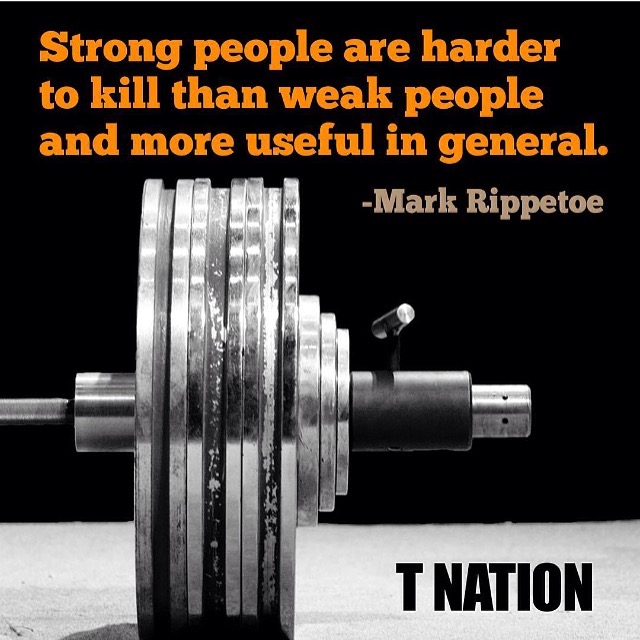Why do people go to the gym? Generally when you ask someone why he or she exercises, trains, works out…whatever you want to call it, you’ll get a pretty simple answer.
People usually exercise to:
- Lose weight
- Feel better
- Look better naked
- Get stronger
- Improve cardiovascular health
- Improve quality of life
- Prepare for a sport (athletic performance)
It’s fairly safe to say everybody who goes to a gym wants to achieve one or a combination of several things on the list above.
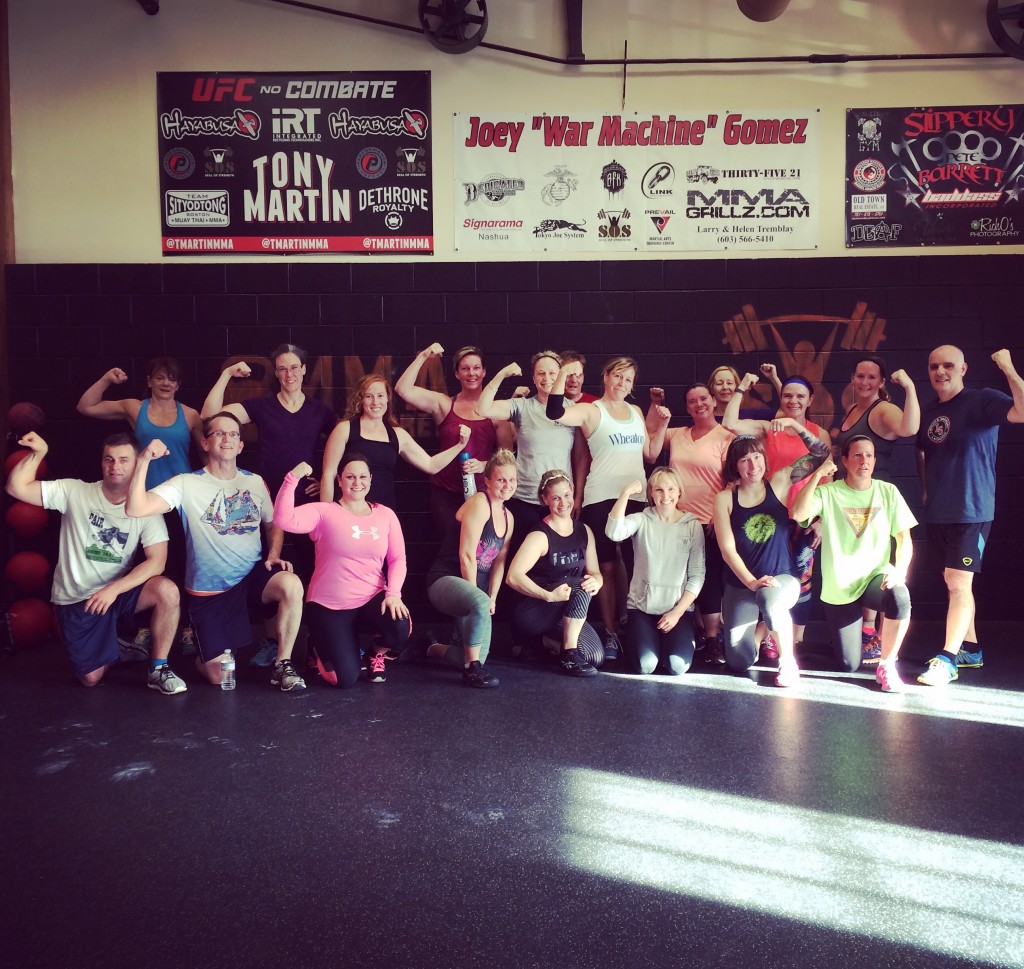
Sure, a proper training program can absolutely help you achieve your goals, but keep in mind, you need a plan. If you fail to plan, you plan to fail and you will not get the results you’re looking for at the gym.
One of the most important things you can do in order to successfully reach your health and fitness goals is write them down. After you write out what your goals are, post them somewhere you’ll see them daily.
You’ll also need to record your progress (or lack thereof) in order to reach your goals. This means that to reach your fitness and nutrition goals you will need to keep a journal, track your progress, and pay attention to trends. I don’t care exactly how you choose to track your progress, but it needs to happen if you want to be successful. See a few examples below when it comes to ways you can track progress to achieve your goals.
Achieve Your Goals by Tracking Progress
You Want to Lose Weight
If your goal is to lose 20 pounds, how do you know if you lose 20 pounds? You’ll use the scale, right?
If you don’t step on a scale to figure out your starting weight, how will you know how much you’ve lost? Sorry, but you won’t. If you want to lose 20 pounds, you’re going to have to step on the scale to see where you are starting from and then step on the scale again to see how much you’ve lost.
Yes, I know the scale is one only way to check progress (and not even always the most accurate), but that’s not my point here.
You Are Tired of Feeling Like Crap
It’s fairly common that potential clients come to our gym complaining about how they’re constantly tired, they have achey joints, their energy levels are terrible and overall they just feel like crap.
After a month of working out and changing some basic dietary habits, clients usually feel much better. Yes, I know the term “feeling better” is fairly generic, but to some, it’s a huge step forward in making progress.
Think of it this way, if you feel like rubbish all of the time, you will not be motivated to get up and do anything remotely athletic.
Track you’re overall feeling daily with a journal using a scale of 1-10, 1 being you feel like crap and 10 being you feel amazing. Look for trends.
You Want to Look Better Naked
Let’s be honest here. When you’re naked and alone in your own bathroom, you give yourself a daily honest assessment of how you think you look. I’d venture that everyone in the world is dealing with some sort of body image woe. Yup, even people who are rocking six pack abs.
The key is to get to a point where you are happy with your body and figure out a way to stay at or close to that point consistently. Yes, you want your training program and nutrition program to be sustainable.
Just like feeling better, “being happy with how you look” is subjective and will mean something different for everybody. What I do know is that when you are happy with the way you look, you become more confident. If you feel confident about your body, that confidence will flow into your every day life.
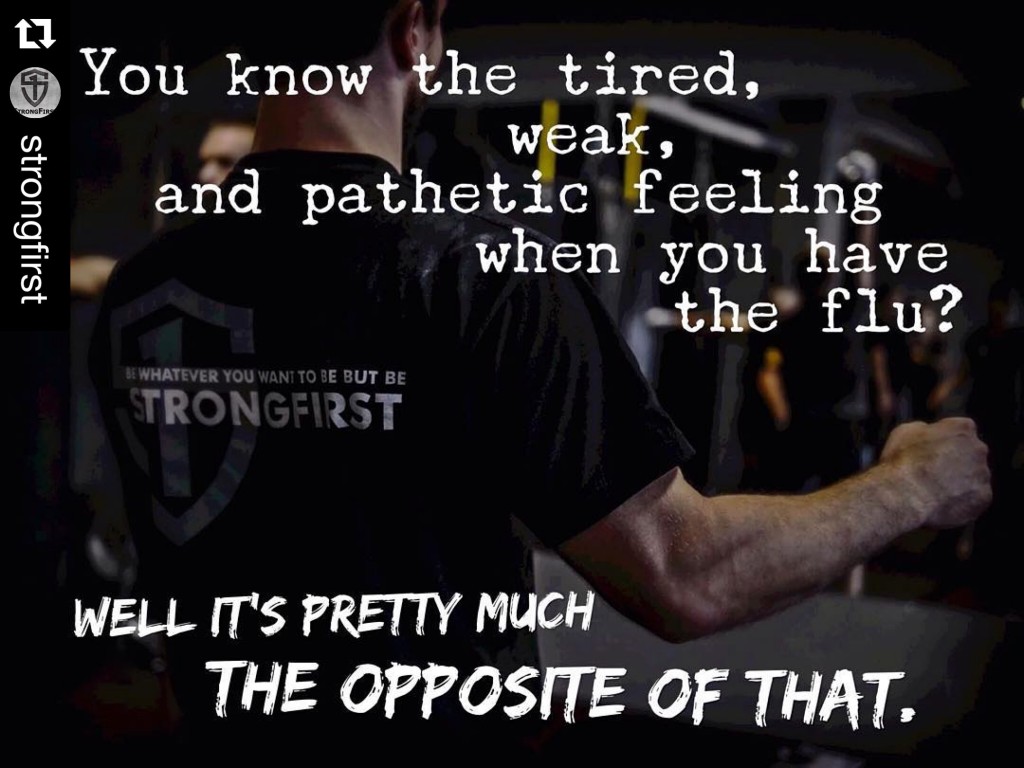
If you’re happier and more confident, you’ll be more successful and people will want to be around you.
You Want to Get Stronger
I can’t imagine any scenario in life where being strong would be detrimental. Stronger people are more useful in general and are also hard to kill.
Strength comes in many shapes and forms. You may be a grandmother, looking to develop or maintain enough strength to pick up your grandchildren. You may be a nurse, wanting to be able to move your patients on a daily basis without getting a back injury. You could be a high school or collegiate football player striving towards your dream of being in the NFL. It doesn’t matter…getting stronger is still better.
So how do you know if you’re getting stronger?
Here we go again. You track your progress. If on January 1 you could deadlift 100 pounds and on June 1, you could deadlift 150 pounds, I would say that that’s progress.
Please don’t walk into the gym, throw some random weight on a bar, lift it for a few reps and go home. It will take you all of 10 seconds to record your numbers. Not only will this allow you to get stronger in a safe and progressive fashion, it will also make your workouts more efficient because you aren’t taking time to guess how much weight you can lift on a weekly/daily basis.
If you want to get stronger, you’ve got to record your weights…and you’ve got to figure out a way to make that number go up. (See “have a training plan” above.)
You Want to Improve Your Cardiovascular Health
Exercising is incredibly beneficial to your overall health. (Duh.)
So how do you know if the types of exercise you’re doing are improving your cardiovascular health? There are several ways to attack this one, but using a heart rate monitor is a simple and effective way to assess your heart rate during a workout.
If your goal is to improve your aerobic system, you need to train in the proper heart rate zone to improve your aerobic system. Some generic example numbers would be to keep your heart rate between 120 to 150 beats per minute for around 60 minutes. This would be considered an aerobic workout.
Again, that’s just one example, but using a heart rate monitor is a simple way to ensure you are training in an appropriate heart rate zone to reach your goals.
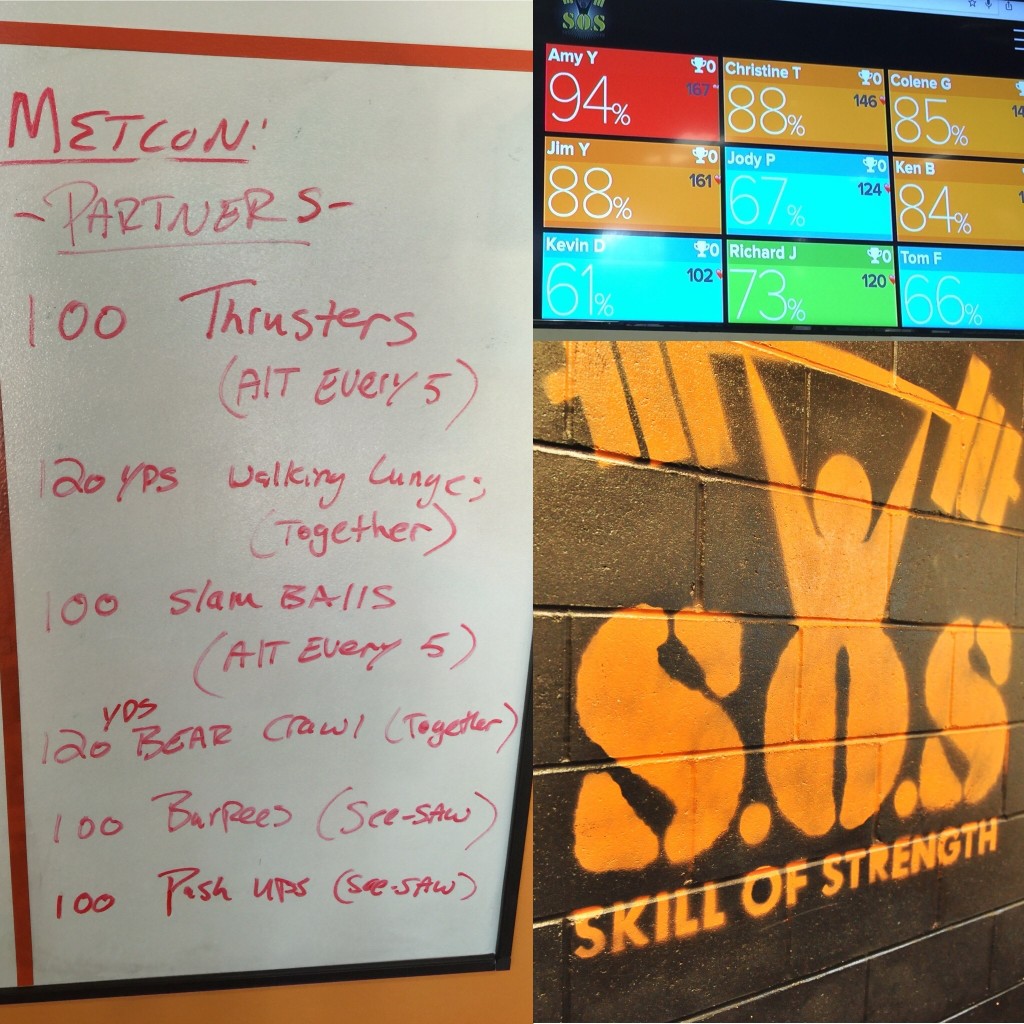
You Want to Improve Your Quality of Life
I like to think that everything you do in the gym can make the weekends a bit more fun and/or productive.
Perhaps your improved fitness level gives you the stamina to to play soccer with your kids without needing five Advil later that day. Maybe your newfound strength allows you to landscape your yard and plant your garden without back pain. On the other end of a spectrum, your training in the gym can prepare you for weekend activities like obstacle course races or a 5K races.
Being mobile, strong and fit will undoubtedly increase your quality of life. Get off your butt!
You Want to Improve Sports Performance
A little over three years ago, I decided I wanted to work with professional mixed martial artists. The roadmap to helping fighters improve their performance in the cage was fairly simple in my mind.
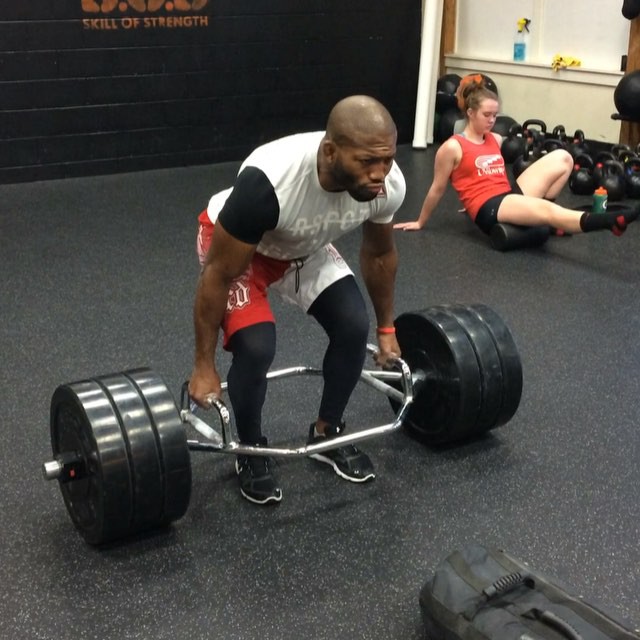
First, improve their mobility and flexibility. Next, get them as strong and powerful as possible in a safe fashion. Lastly, give them a gas tank that never goes empty.
This path creates a better fighter because the limiting factor will no longer be strength or conditioning. If you can provide a talented fighter with great strength and incredible conditioning, you’ve done your job as a strength coach. (True for all sports. :-))
___
So now you have a few different ways to track your progress and see if you’re reaching your health and fitness goals. Sure, grinding through that first month can feel tough, but it makes all the difference. Just remember, you’ve got to start somewhere and the beginning is always the toughest!
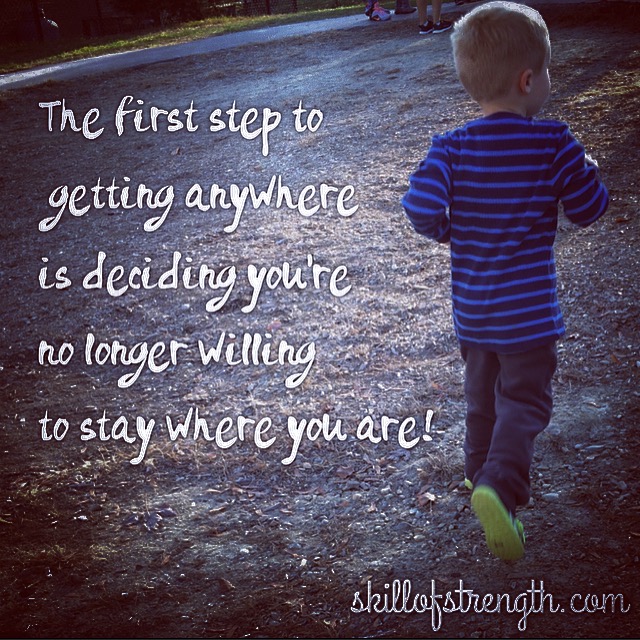
As always, train hard. Train smart!

